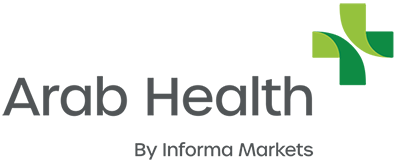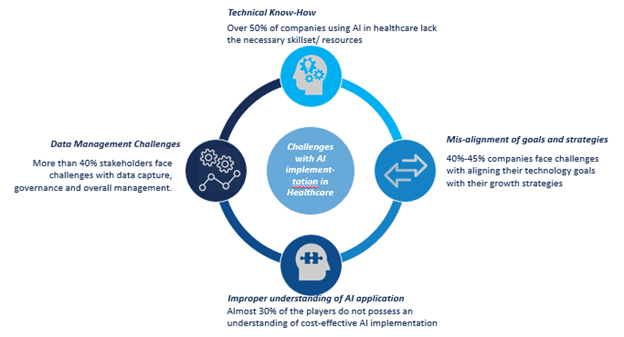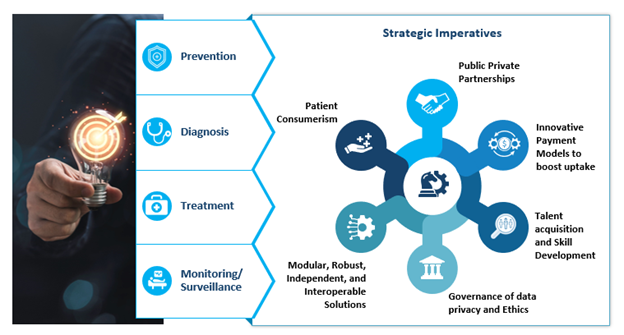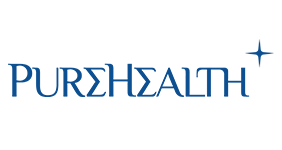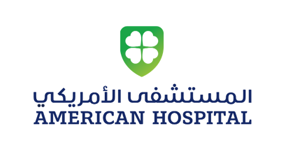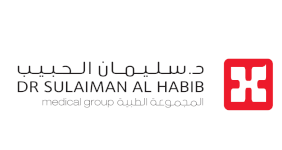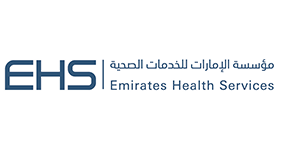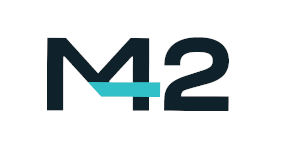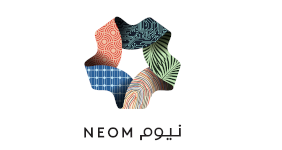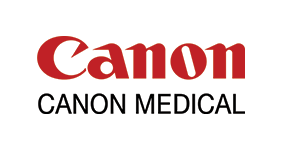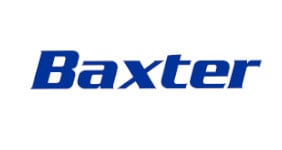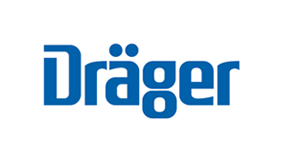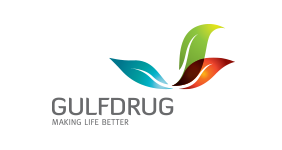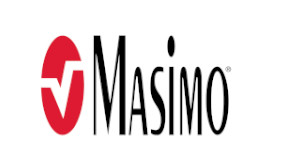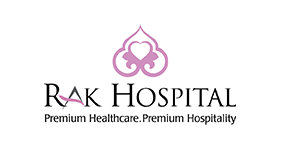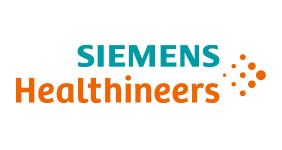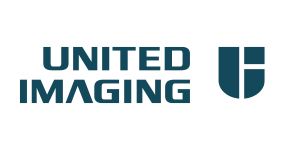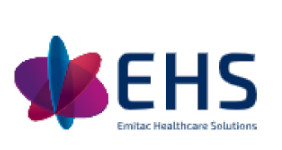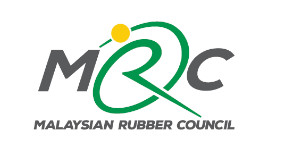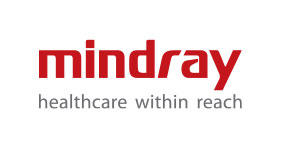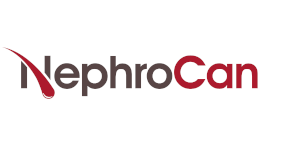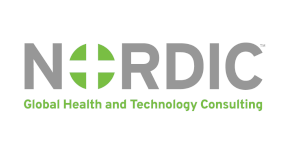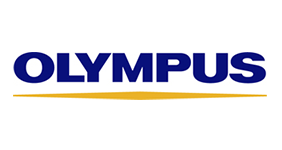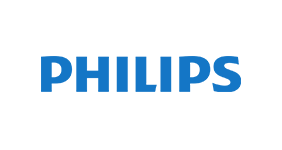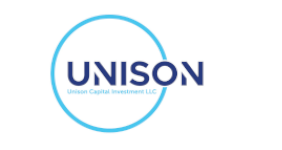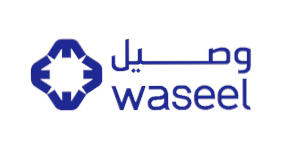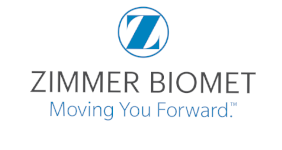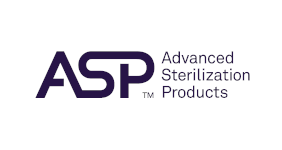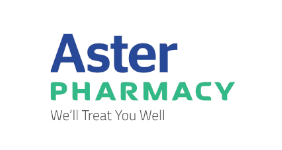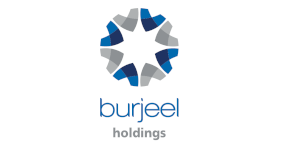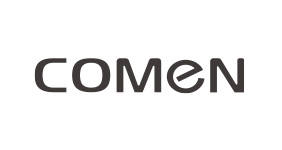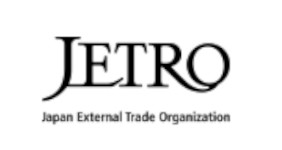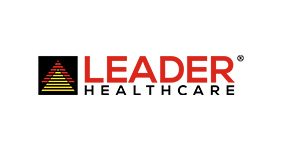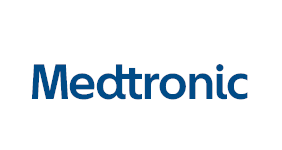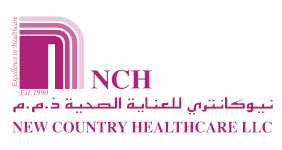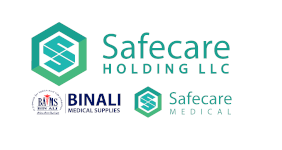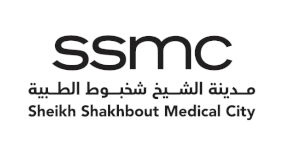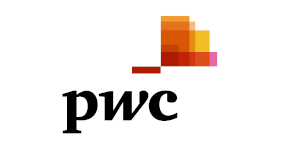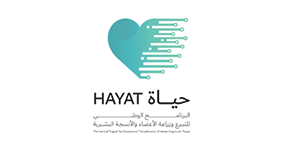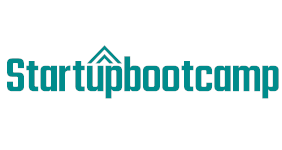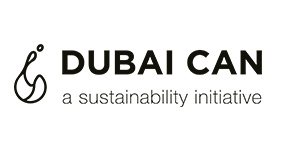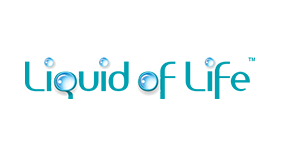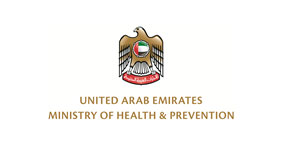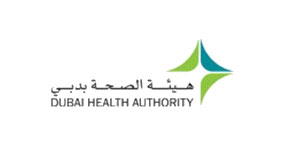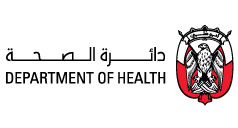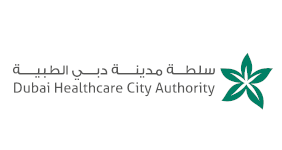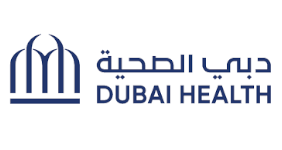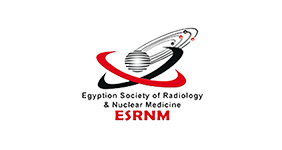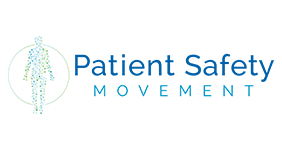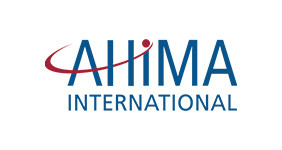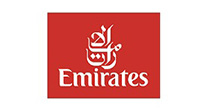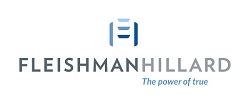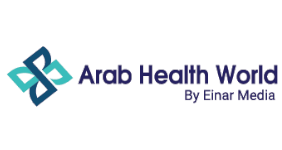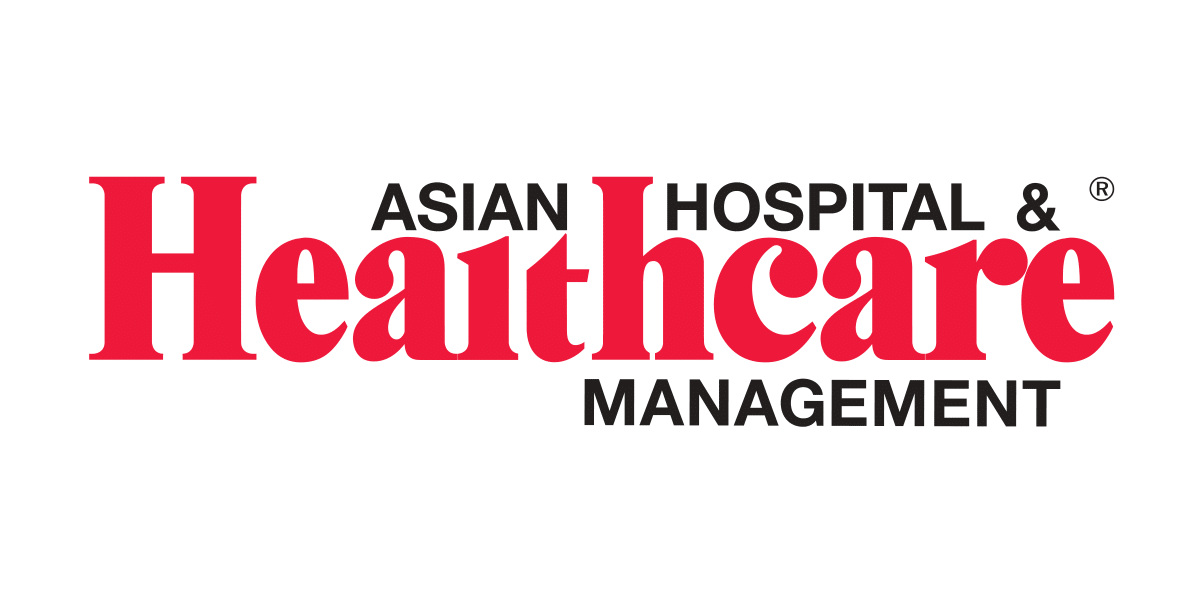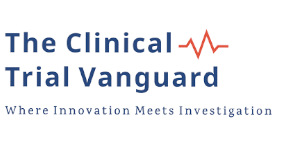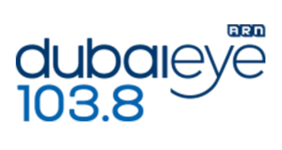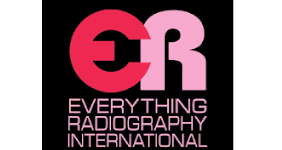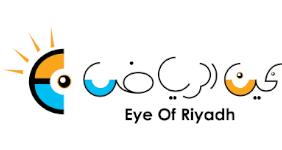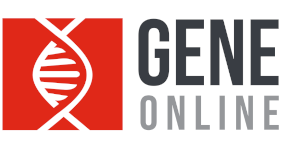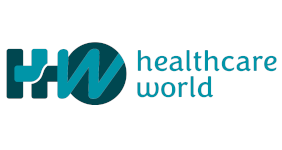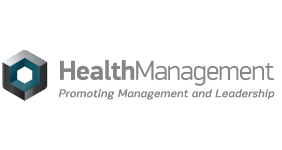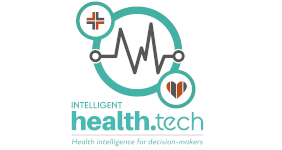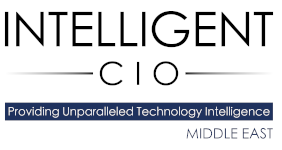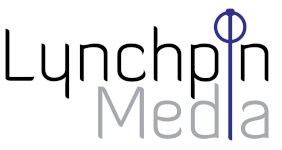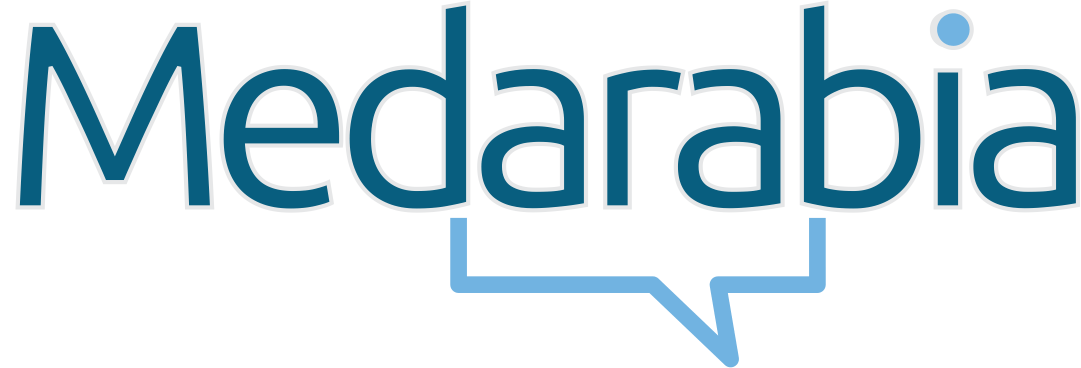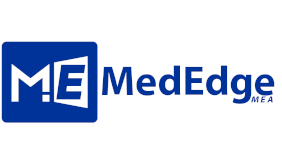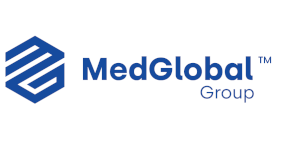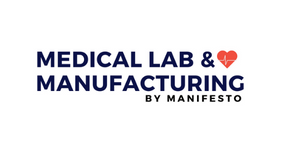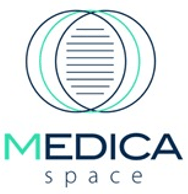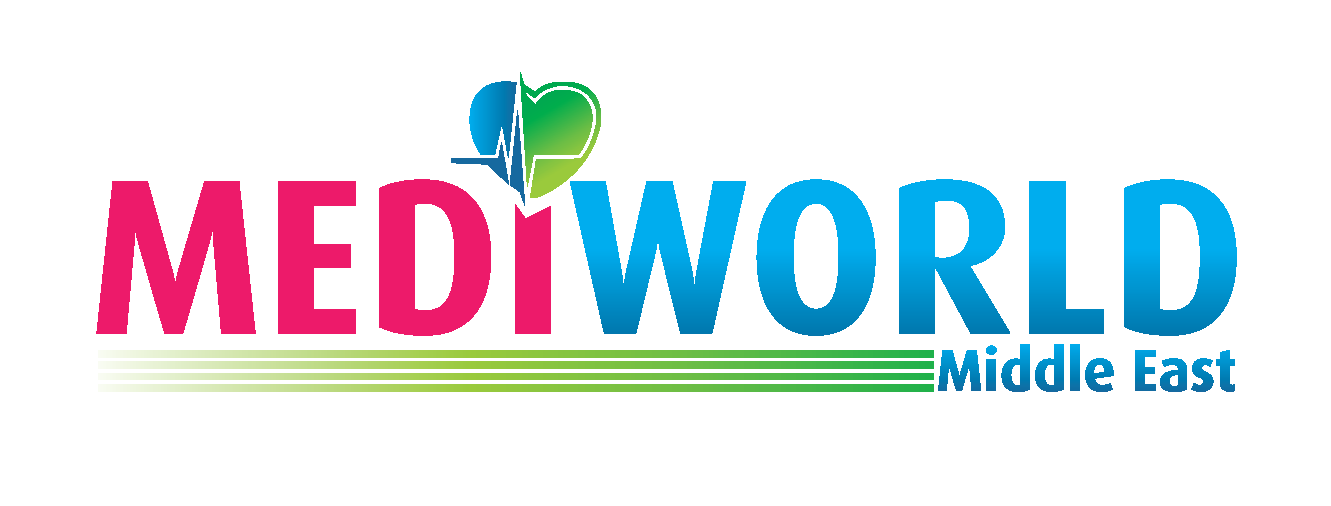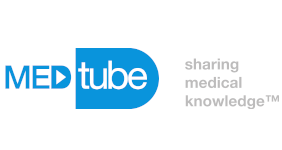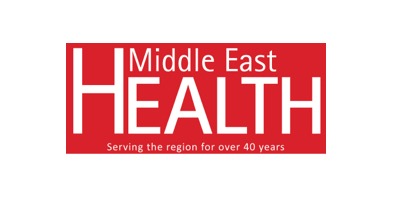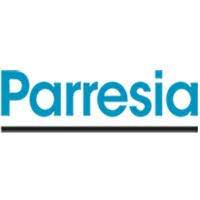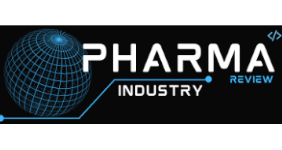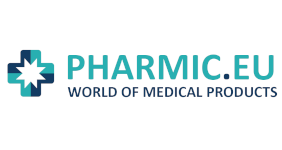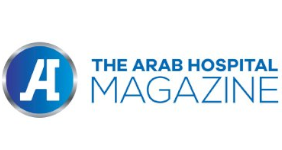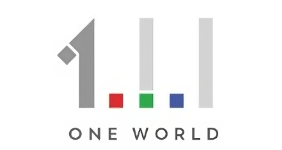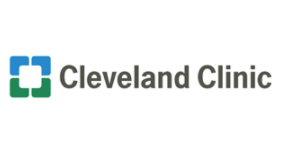Empowering Precision Health: The Impact of
Generative AI in Healthcare Advancements
Insight by: Aarti Siddhesh Chitale, Senior Industry Analyst, Growth Opportunity Analytics – Healthcare, Frost & Sullivan
Precision health, as we know it, is a precise, personalized, prescriptive, and preventive approach to healthcare. The fuel of precision health leading to its seamless operations is healthcare data, which is growing at an accelerated pace. Infact, with more than 2000 exabytes of healthcare data generated globally, as of 2021-22 and an expected growth of over 30% by volume in the next 3-5 years, reflects on the industry's growing reliance on healthcare data.
Data is the core discipline for Precision health innovation, and it stands at multiple levels, including foundational, translational, longitudinal and omics databases, indicating its decentralized origin, captured in different volumes, veracity, and velocity.
Artificial Intelligence in Healthcare – Hype or Reality
As one talks about data from multivariate sources, it simply brings to light how the entire healthcare continuum has been contributing equally to building this robust data. Nevertheless, with "great power comes great responsibility", as they say, managing these robust data sets comes with its own set of challenges with respect to security, ownership as well as data sharing and information silos.
Despite challenges across information silos, the industry is witnessing a simultaneous emergence of cutting-edge technologies in the form of Artificial Intelligence that can be applied via techniques such as federated learning, allowing easy and centralized data access with individual hospitals or companies or patient networks maintaining ownership of their data. Hence, Artificial Intelligence can Centralize a Decentralized system of data sharing and access.
Moving forward in the core healthcare spectrum and more specifically in the pharma industry, AI as a technology is as real as it gets, with an estimated ~$800
million AI expenditure as a percentage of pharma R&D expenditure globally as per Frost & Sullivan estimates. With modern ML platforms capable of learning, interpreting, adapting, and predicting challenges and opportunities in the healthcare spectrum, AI as a technology is every bit the tangible solution to some of the industry's most unachievable targets with respect to innovation, patient access, care delivery and much more.
Generative AI – A Step ahead into the AI multiverse
GenAI refers to algorithms and machine learning models that are used to create content, including text, audio, images, video, code etc., and leverages foundation models trained on a large volume of data (Large Language Models (LLMs)) and parameters enabling them to learn and perform complex tasks.
Across the global healthcare industry, Generative AI, a subset of Artificial Intelligence, is estimated to constitute 10%-15% of the total AI in healthcare industry as of 2022 and is expected to grow by over 50% year on year in the coming decade, accounting for over 30% of the total AI in healthcare industry. As one considers increasing application of Generative AI in care delivery, in the next 2-3 years, over 45% of the physicians are likely to rely on the technology for clinical decision support.
Generative AI is an emerging industry, and emerging markets are quickly adopting these cutting-edge technologies. Within the Middle East region, it is estimated that
the GCC region can realize $9-$10 of economic growth for every $1 invested in Generative AI, which could result in overall economic impact of the technology surpassing $23 billion by 2030 in the GCC region, including that of healthcare segment.
Current Challenges
As the flip sides of the same coin, Artificial intelligence's application in healthcare comes with its own set of challenges – Enterprises around the world face issues such as lack of the right resources/talent supporting easy and hassle-free AI implementation. In addition, there is a clear gap between the AI adoption strategy and the actual implementation in the business context, which can lead to disastrous results. Over 80% of companies operating in healthcare fail to achieve meaningful and expected outcomes of AI implementation on a larger scale.
More specifically, as the usage of Generative AI increases, challenges with regards to lack of regulatory guidance (extreme fluidity in guidance across different regions), confidentiality clauses and data protection laws across countries can lead to unnecessary complexities and biases resulting in inaccurate outcomes. Data ownership, for a long time has been considered a crucial challenge due to lack of mutually beneficial ownership agreements, which further complicates technology adoption on a larger scale.
Most importantly, challenges related to technology abuse are leading to stringent regulations that can severely impact technology adoption in healthcare. For example, the EU's latest regulation classifies AI into four risk categories
with stringent checks on high-risk AI systems, especially those associated with
healthcare. The US federal government is also reviewing its regulations for
better checks of ethical adoption.
How can AI help achieve Healthcare's Quintuple Aim?
AI and Gen AI create a holistic ecosystem of healthcare delivery, ensuring health equity with a patient-centric approach. Investor fundings (VC fundings, IPOs, Angel investors or industry M&As and partnerships), has played a crucial role to help achieve these goals. For example, the Middle East region is gearing up to attract investments that support AI adoption. Attibi, Middle East's largest AI-based digital health platform raised $44 million in series B funding in March 2022, making it the largest single financing round for a digital health company. These funds will be utilized to establish the Middle East's first ever end-to-end, fully integrated digital primary healthcare offering. Technology giant Microsoft and Pharma leader Roche reached a Memorandum of Understanding (MoU), to use AI and cloud-based technologies for improving patient outcomes by enabling coordination between electronic medical records, hospital management systems, and clinical information systems, benefitting the entire Middle Eastern region, including Oman, Bahrain, Qatar, Lebanon, Jordan, KSA, Kuwait, UAE as well as Iraq and Syria.
Moving forward as the industry is showcasing a strong affinity towards technology adoption, a perfect synergy between technology and data is paramount, whilst also not forgetting the cost implications of care delivery. Simply stated, there is a need to promote patient consumerism, which can be achieved with AI-enabled solutions such as Chatbots, virtual agents, and many more.
Adopting a digital front door strategy through Conversational AI solutions like telehealth, digital billing, appointment reminders, digital symptom checkers, etc. is highly recommended. For instance, Nuance Communications has developed Voice Auto Speech Recognition with post-time human transcription into clinical notes, which offers rapid deployment and predictable results.
Whilst technology synergies and consumerism are important, one must not forget the ethical and legal aspects involved in technology adoption. "Ethical AI" adoption will be most critical to ensure a widespread Generative AI adoption. For example, as per the UAE ICT law (issued in January 2019) patient data must be stored within the country, with the patient maintaining ownership of the data.
With Healthcare organizations more focused on enhancing diversity, inclusion and equity, progress on these fronts will require government agencies to involve in
public-private-academic partnerships to carve out the right regulatory frameworks, by guaranteeing fair, accurate, and equitable healthcare services. Also, no single vendor can achieve the perfect platform on their own. Therefore, innovative partnership models will make embedding AI applications into workflows easier. For instance, unique project-based, platform-based partnerships adopted by TEDD vendors enable pharma companies to access cutting-edge AI/ GenAI based platforms for novel therapeutic pipeline development.
With AI demonstrating the potential to deliver a personalized and integrated experience to patients, and at the same time, enhancing provider productivity with better outcomes and affordability, the availability of interoperable solutions is the key to facilitate standardized data sharing, making it a seamless process for care delivery.
Future Strategic Outlook
As the healthcare landscape continues to evolve, Generative AI is poised to play a pivotal role in realizing the full potential of precision health,
fostering improved outcomes, enhanced patient experiences, and greater efficiency in healthcare delivery, truly centralizing a decentralized system.
Hence, Generative AI's journey in advancing precision health is not just a technological evolution, but represents a collective commitment to re-define
healthcare paradigms, carving out a future that effectively converges data-driven insights and innovative technologies creating a holistic healthcare ecosystem
that is truly precise, predictive, and patient-centric.
Source:
Artificial intelligence in healthcare: Top Benefits, Risks and Challenges; Artificial Intelligence in Health Care; Frost & Sullivan, Statistics mentioned provide
a global perspective
